Kabi takes a dig at LHDA
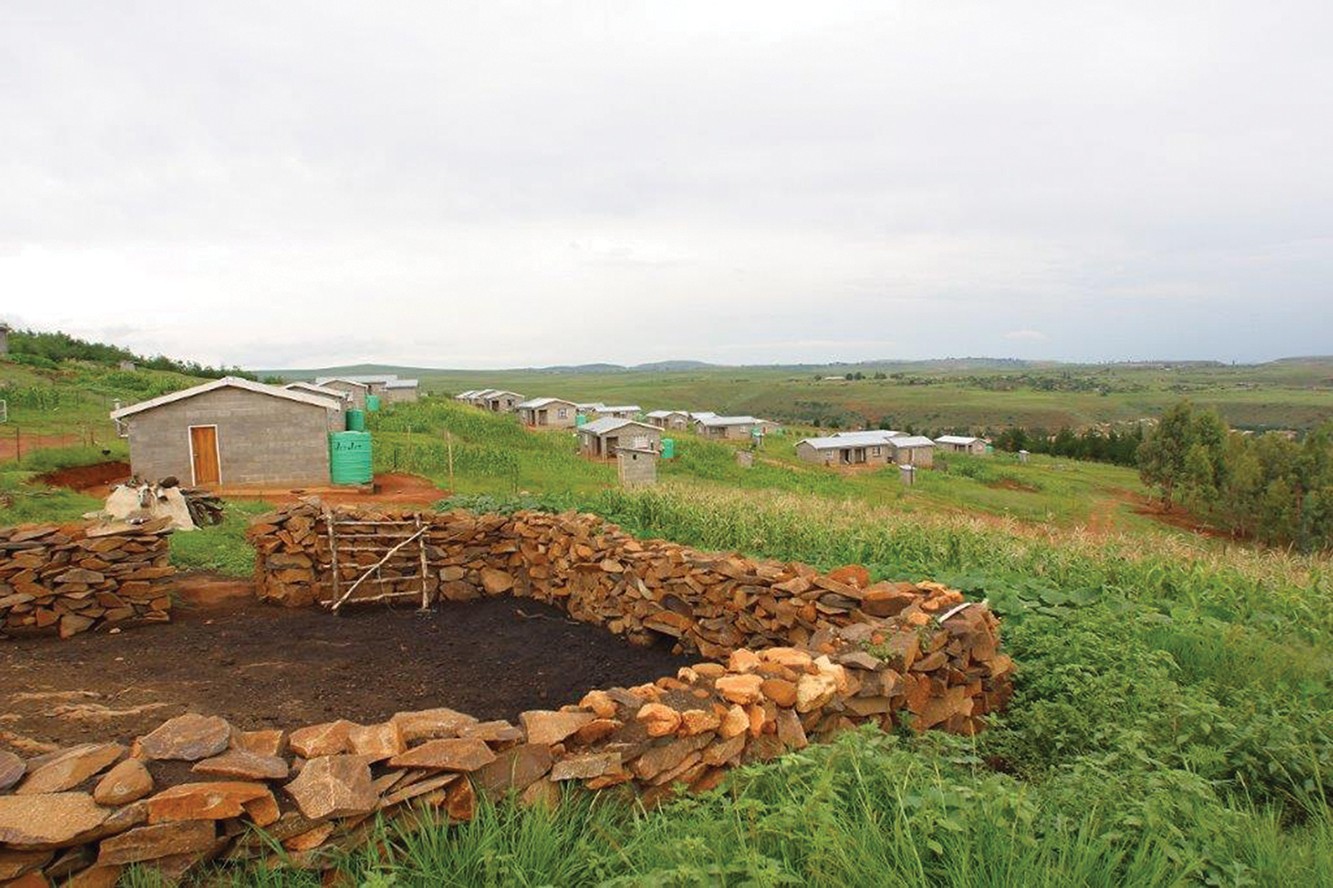
SHARE THIS PAGE!
By ‘Majirata Latela
The communities of Ha Koporale and Ha Tšiu in the Thaba-Tseka district are crying foul over Lesotho Highlands Development Authority’s (LHDA) failure to compensate them for loss of property especially on land.
The communities were relocated to new settlements when the multi-billion Lesotho Highlands Water Project (LHWP) was implemented to transfer highlands water to the South African Province of Gauteng through a network of tunnels.
But the residents in the affected areas are bitterly complaining that their lives are not getting any better since they were relocated when the Mohale Dam was built.
They claim that they expected that by now they would have implemented some commercial projects such as livestock farming.
They allege that the authority has barred them from rearing animals on the grounds that the dung from the animals would pollute the dam.
They argue that their livelihoods were mainly dependent on livestock farming and ploughing fields for food production.
Their plight is compounded by the claims that the LHDA is dragging its feet to compensate them for their lost land which provided them with food production. They depended also on agricultural produce.
Some of the fields were lost through damming of the Senqunyane River and the construction of the roads.
However, the minister of water, Nkaku Kabi also added weight to the communities’ claims, accusing the water authority of moving at a snail’s pace to pay out the compensation to the affected communities. He told a public gathering that South Africa, which pays out royalties to the government, “does not owe Lesotho any compensatory money.”
“In the 1986 Treaty between Lesotho and South Africa, the latter has clearly indicated that all affected natural resources from environment to the fields and the way of life of the victims will be compensated.
“That means the money we are talking about is not from Lesotho but our counterpart in the water agreement. South Africa never fails to give us the compensation money,
“My ministry will next time bring LHDA officials along to these kinds of visits. I believe it’s only fair for you to get the answer on the spot because when enquire about the compensations, I am always told they are the mistakes committed by someone who left the office long time ago,” he said.
Kabi also added that the issues regarding roads and electricity for the residents is solely the responsibility of the neighbouring South Africa which is benefitting from the water supply. He said any delay in compensation services should be put on Lesotho’s shoulders.
“The money is there; that is why I wish they (LHDA) were here to talk for themselves. I believe the LHDA should be given the date in which they will have resolved the matter.
“It is disappointing that you show that you have been going to LHDA since 2012 and nothing positive came out of that, you are not the only ones; I remember the Ha Rapokolane community also complained of the same ordeal,” he said.
A community member told Kabi that she was supposed to receive compensation for her fields where the road has been constructed since 1999 but every time she went to LHDA offices she was promised inroads were being made for their compensation.
At other times, only empty promises were made.
‘Makali Mokhantšo said when the road was being constructed, she was told that her field would not be affected but it was affected and she demanded a pay-back for the loss.
Five years later, she sought an intervention from the Office of the Ombudsman who she said the office ordered that she be paid for her loss from the year 1999. To date, she lamented, nothing has come to benefit her.
“Nothing due to me has come the way leaving me in distraught,” she said.
“My two other fields also appeared to have been affected by road construction and on that again, ombudsman directed LHDA to give me my compensation but nothing has also come out yet,” she added in disgust.
“When I was supposed to get my compensation LHDA came later with the issue that I also have affected the water project and demanded I also pay. I honestly do not know how I have interrupted with the project that they are now demanding a cut from mu money.
“Unlike other people when I get my money every time, there is a cut that is being taken by the LHDA and I don’t even know what I am paying,” Mokhantšo said with a broken heart.
On the other hand, Survivors of Lesotho Dams (SOLD) chairperson, Lenka Thamae pointed out that compensation money that is incorporated in the water agreement between Lesotho and South Africa is for improvement of the lives of the affected communities. But, he added, on the contrary, those affected by the project live far more poor than before the implementation of the project.
“This community here does not have water. When the project was implemented people were given water connections but after the project was completed the water connection were cut. Where are these people supposed to get water from if they cannot even drink water from the closest dam which has had a huge impact to their lives?
“They are also complaining about the 1986 compensation policy in that it takes a long time to get compensated and the money is not enough to sustain their entire lives. It is high time that the policy be revised.
“When that happens we as the communities should have our views incorporated and we invite the minster to also take part. We call upon LHDA to respond to all the complaints that the community has raised and those implement the recommendations of the ombudsman,” Thamae said.
He also added that there is also another member of the community in that village whom the ombudsman has ruled that he should be relocated and LHDA is very silent about when they will be relocating him.
The community also showed that their concerns are that LHDA is even failing to fund projects which the youth of the community can make a living out of in order to sustain their lives.
They are also complaining of their natural resources such as indigenous plants which used to grow very well in the area. They say the plant is now diminished due to the construction of the road. They are also showing that with the royalties that Lesotho gets from the water supply, there should be a certain percentage directed to support the welfare of the residents.
LHDA’s public relations manager, Masilo Phakoe has confirmed that following the public hearings that the Ombudsman held regarding the complaints raised by some of the affected communities in Mohale, the Ombudsman had directed the LHDA to compensate some of the complainants affected by the implementation of Phase 1B.
However he further showed it should be noted that the Ombudsman rejected some of the complaints and accepted the LHDA’s version disputing the complaints. For example, some of these complaints were being launched for the first time after many years after the completion of the road and the alleged damage could not be verified. These were automatically rejected.
“The LHDA has paid compensation where there was enough proof of loss or damage. However, where the LHDA felt there was not enough to substantiate the claim, the LHDA has requested the Ombudsman to allow the LHDA to verify the claims.
“The LHDA regularly reports to the Ombudsman on the progress with the process of verifying these claims or complaints and paying compensation as the cases are verified. The recent meeting was with Ombudsman was held on May 2021,” he said.
Phakoe suggested that the process of verifying these complaints can sometimes take a long time due to lack of records, conflicting information or disputes amongst those who claim compensation. But as proof becomes available, the LHDA has continued to pay compensation.
He said any delay to pay out was not due to unavailability of funds.
“The delays could be due to either lack of proof of damage or loss, or disputed ownership of the property. In many cases where households complain that they have not been compensated, the burden of proof lies with the LHDA to prove that indeed compensation has duly been paid as it ought to,
“However, due to shortcomings on the way records were kept in the past, the process of verifying those claims going many years in the past can take a long time to verify. Due diligence has to be conducted and it paid off where it has been discovered that some complaints are not genuine and in some cases paying would result in duplicate payment,
“Going forward, to ensure that the compensation payment process works efficiently, that the integrity of the payment process is upheld, the LHDA has implemented an automated business process system (Flowcentric) which has improved its compensation management efficiency, by, streamlining the payment approval processes, reducing payment delays, eliminating human error, implifying the payment verification process and reducing the duplication of complaints, maintaining good record the LHDA values and cares for the livelihoods of the communities affected by the implementation of the Lesotho Highlands Water Project,” Phakoe detailed.
He further showed that most of the complaints where the Ombudsman recommended that compensation be made have already been paid and if there are any outstanding payments, the authority would need to have the names of the individuals concerned to verify their claims.
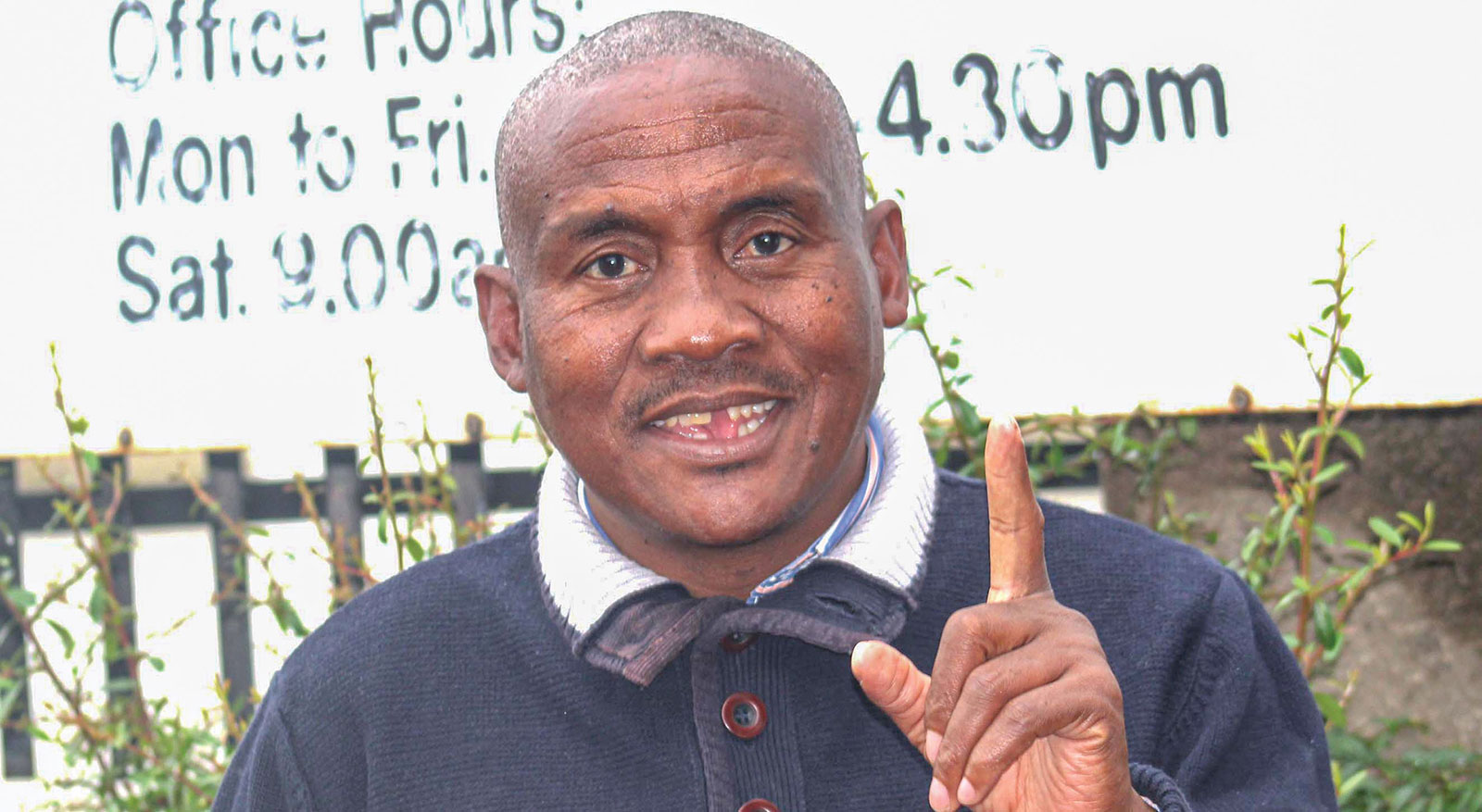
Thamae fighting for water rights
5 hours ago
Do not wait to say Eish, get cover today!
8 hours ago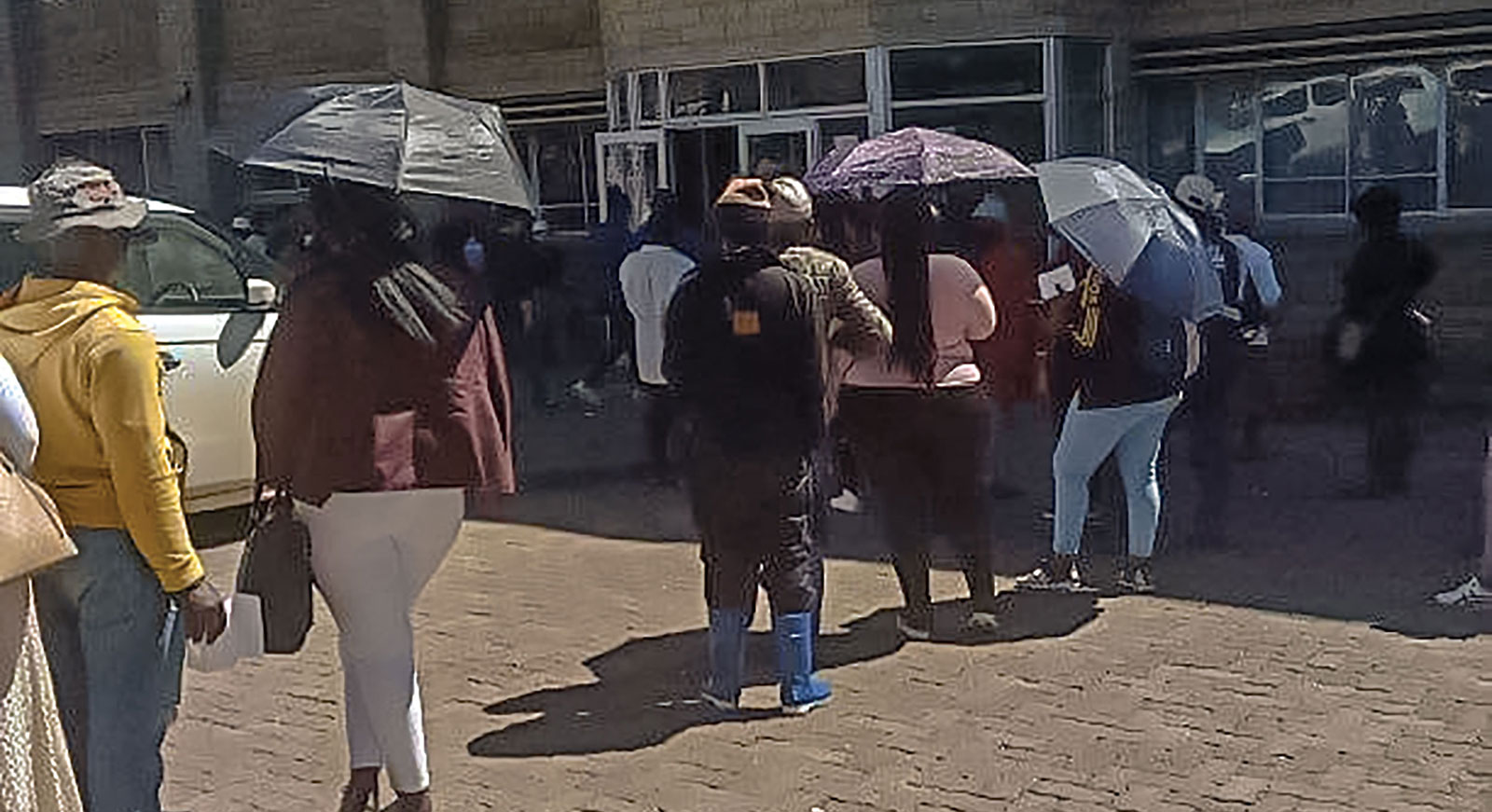

Joachim Garments seizes the moment
2 days ago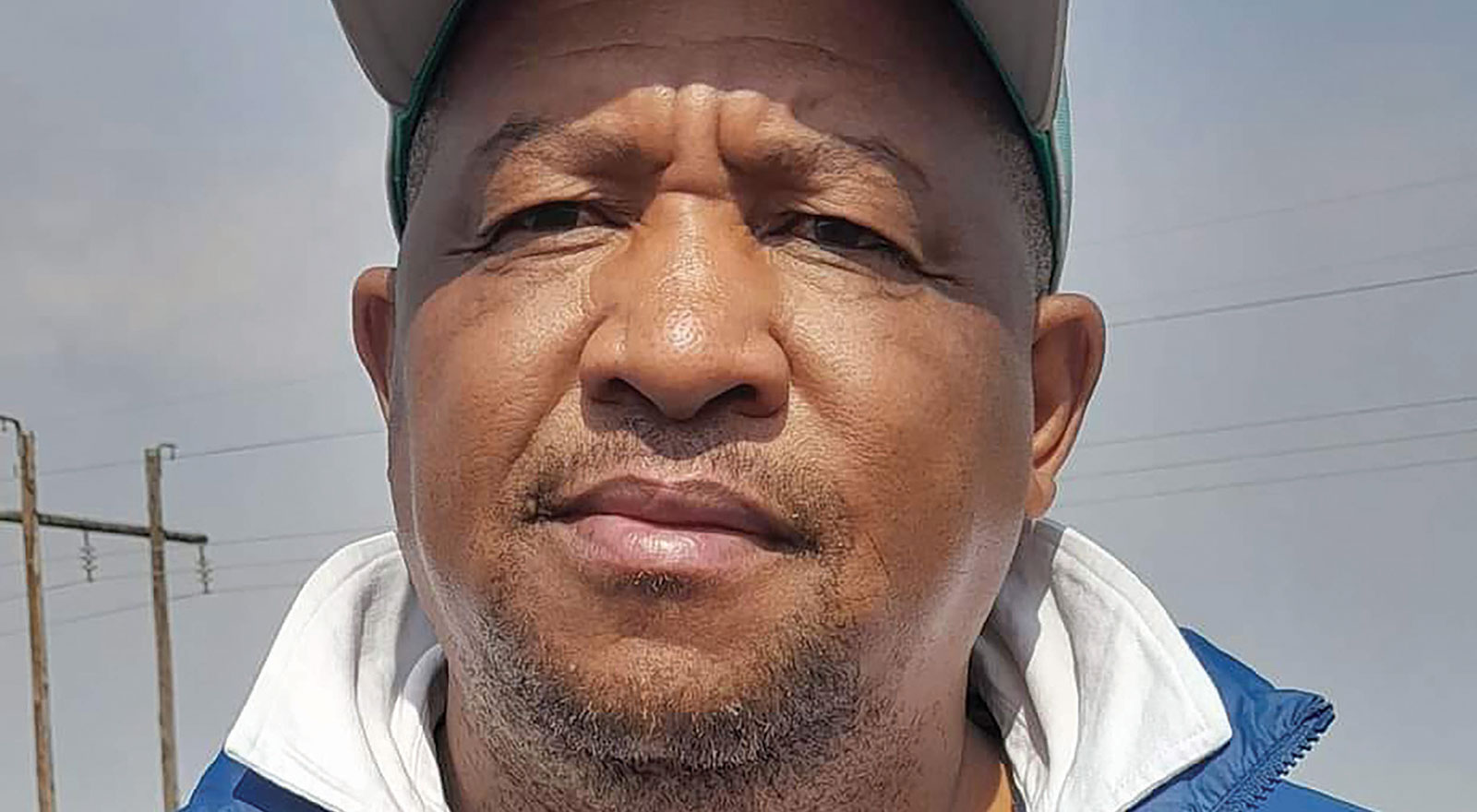
LHDA, mining company in land impasse
2 days ago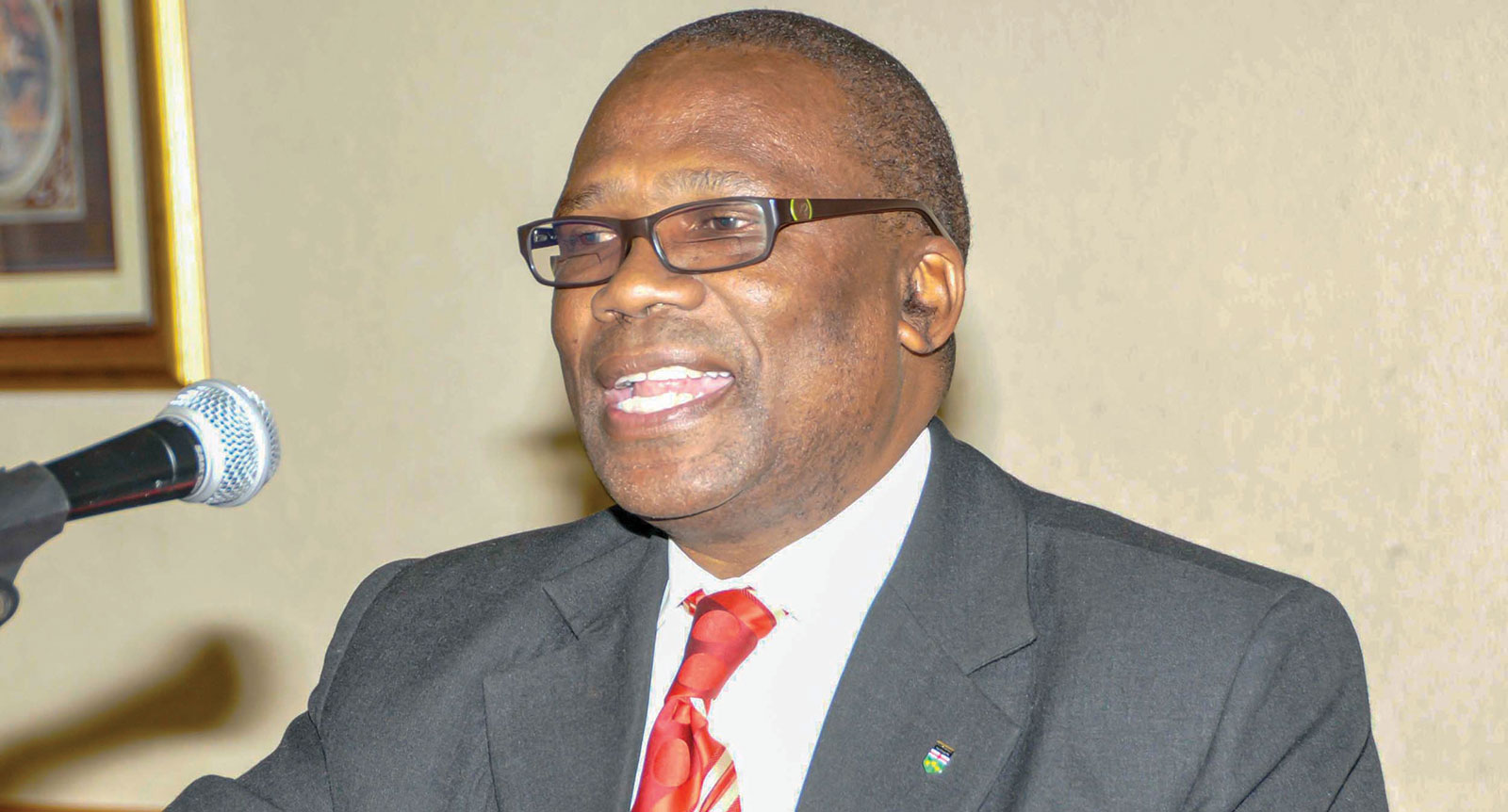
IEC launches strategic plan
2 days ago
‘Mamojela passes on baking skills
2 days ago
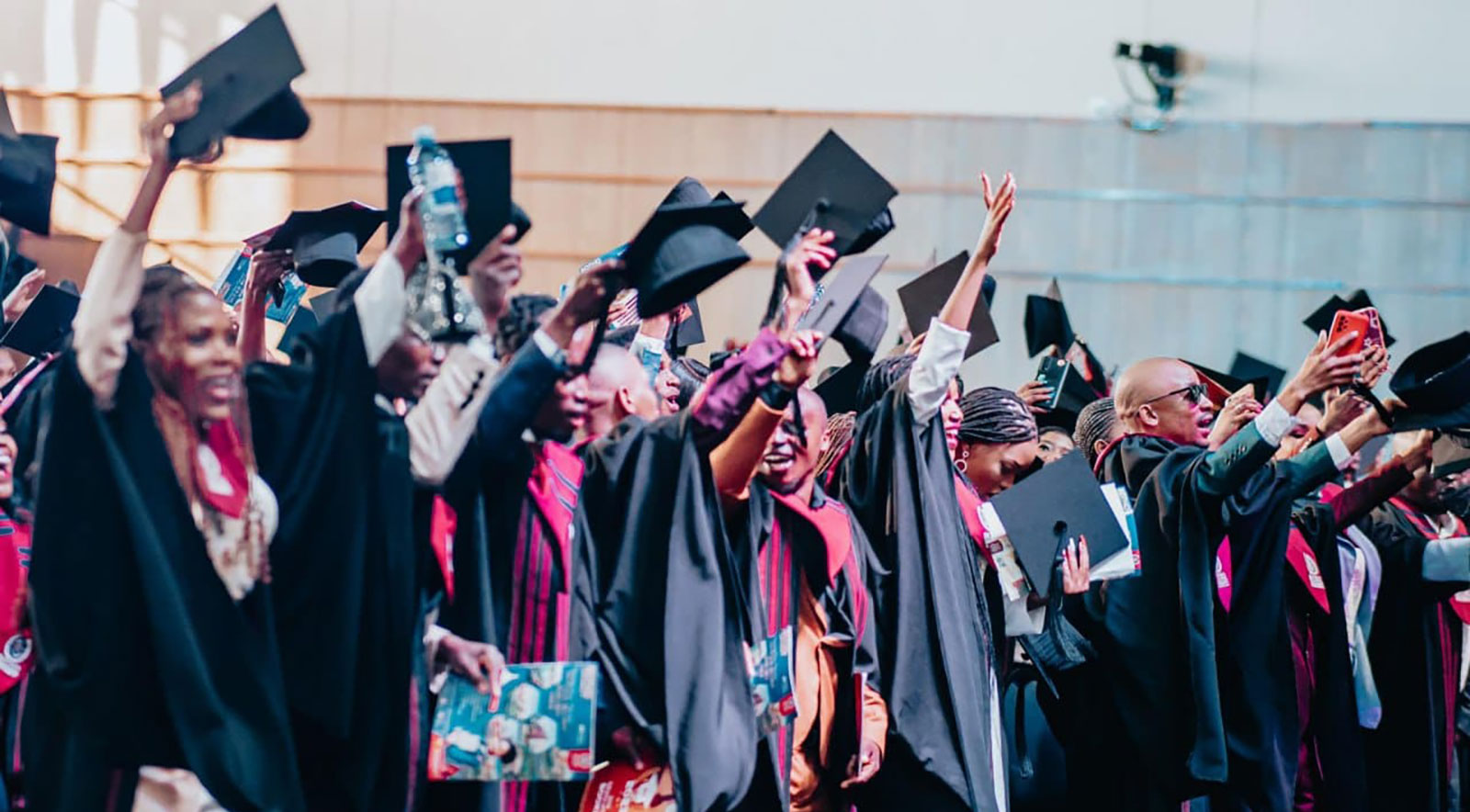
Botho University holds fifth graduation
2 days ago
RSL, LDF sign MoU
5 days ago